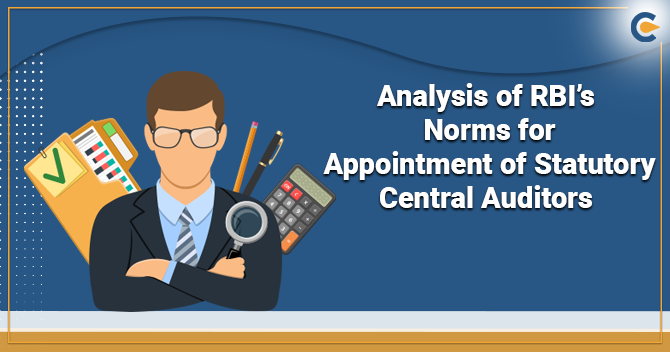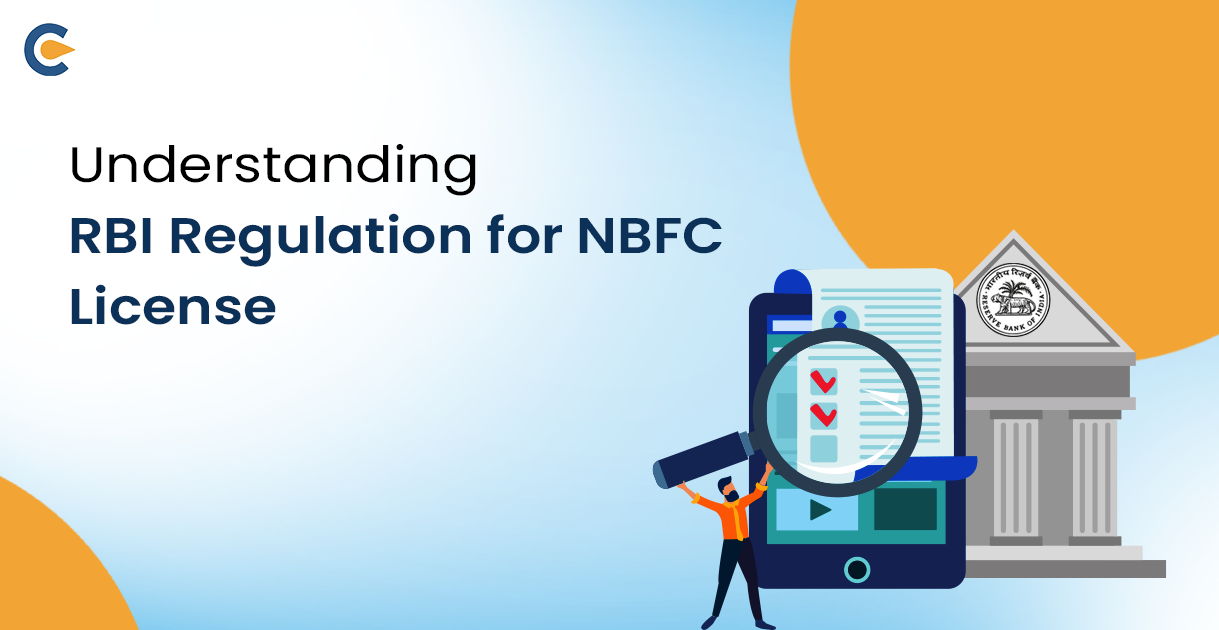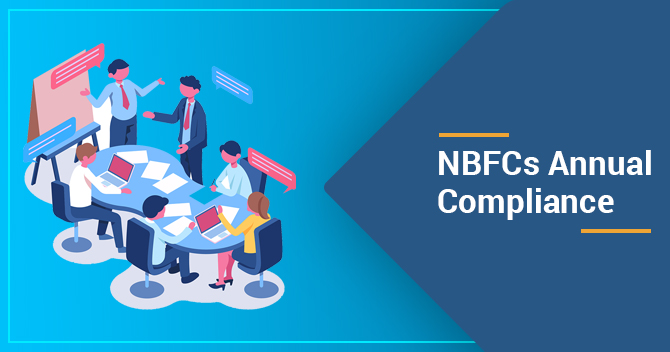In the recent past, the Reserve Bank of India came up with extensive guidelines for the appointment of Statutory Central Auditors (SCAs). These norms cover NBFCs, commercial banks, and UCBs, but do not encompass ND-NBFCs with an asset size of Rs 1000 crores. These guidelines render vital instructions related to the appointment of Statutory Central Auditors, no. of auditors, eligibility criteria, rotation, tenure, etc. Further, these guidelines ensure the independence of auditors. These norms shall become applicable from the financial year 2021-22 and onwards. While disclosing these guidelines, RBI recommends NBFCs and UFCs to take relevant pre-deployment measures to avert any possibility of disruption.
Reserve Bank prepared these guidelines in view of the following sections
- Chapter IIIB of the RBI Act, 1934 for NBFCs
- Section 10(1) of Banking Companies (Acquisition &Transfer of Undertakings) Act, 1970/1980
- Section 41(1) of SBI Act, 1955
- Section 30(1A) of Banking Regulation Act, 1949
In view of Reserve Bank Circular, auditors ought to be rotated every three years with a six months cooling-off period before the subsequent appointment. The institution also mandates the joint audit by more than one audit firm for NBFCs having an asset size of Rs 15000 crores or more. Apart from that, the new norms also place a cap on the number of NBFCs clients served by the auditors. Now the auditors can only serve the maximum of 8 NBFC clients simultaneously.
Read our article:NBFC Registration – Know the Entire Incorporation Procedure
Eligibility Criteria for Appointment of Statutory Central Auditors
Not applicable to NBFC/UCBs having assets size of up to Rs 1000 crores
| Entity’s asset size as on March 31st of preceding year Assets Size of Entity as on 31st March of Previous Year | Above INR 15000 crores | Above INR 1000 crores but up to INR 15000 crores | Upto INR 1000 crores |
| Mini. No. of Full Time Partners(aka FTPs) linked with the entity for at least three (3) years | 5 | 3 | 2 |
| Out of total FTPs, Mini. No. of Fellow Chartered Accountant(FCA) partners linked with the entity for at least 3 years | 4 | 2 | 1 |
| Minimum No. of Paid CAs/ Full Time Partners with CISA/ISA Qualification | 2 | 1 | 1* |
| Mini. No. of Year of Audit Experience of the entity | 15 | 8 | 6 |
| Mini. No. of professional staff | 18 | 12 | 8 |
Independence of Auditors
The period between non-audit works (services cited at Sec 144 of companies Act, 2013[1], special assignments, internal assignments, etc.) by Statutory Central Auditors for the firms or any audit/non-audit works for its group companies ought to be at least 1 year, before or after its appointment.
During the term as Statutory Central Auditor, an audit firm may facilitate services to the concerned firms, and entities are allowed to take their own decision in this regard, in consultation with the board members. A conflict would not come to existence in the event of the given special assignments (indicative list):
- Tax audit, tax representation & expertise on taxation-related matters,
- Audit of interim financial statements
- Certificates are required to be bestowed by the SCA in compliance with regulatory requirements.
- Reporting on Financial details or parts thereof
Rotation and Tenure
To safeguard the freedom of the audit firms, companies must appoint the Statutory Central Auditor for a continuous period of 3 years, subject to the firms fulfilling the eligibility criteria each year.
Cooling Period
After the completion of one term of the audit tenure, an audit firm shall become ineligible for reappointment in the same company for 6 years (two tenures)
One Audit firm can render its services to a maximum of;
- 4 Commercial Banks (including not more than 1 India Financial Institution, SIDBI, Exim Bank, NABARD, RBI)
- 8 NBFCs
- 8 Union cooperative banks
Guidelines related to Audit Fees & Expenses
- The audit fees for Statutory Central Auditors of all the firms shall figure out in terms of regulatory provisions. PSBs will be constantly guided by Reserve Bank norms in this matter.
- The auditing fees of Statutory Central Auditors of all the firm be justifiable & commensurate with the scope & coverage of size, audit, and spreads of assets, administrative and accounting units, transactions’ complexity, level of automation/digitization, pinpointed risks in financial reporting, etc.,
- The board/LMC/ACB of entities shall advise eligible authorities as per relevant statutory instructions for fixing audit fees of Statutory Central Auditors.
Bottom-line
NBFCs are concerned that the RBI’s new norms for the appointment of statutory auditors will make it hard to them to locate experts who fit the bill, especially in the midst of the year.
The RBI’s notification (released on 27th of April) that talks about the improvement of auditing protocol, is confronting resistance from private lenders, which has a free run till now. While the Reserve Bank move is aimed at mitigating frauds, bad debts, unstable relationships between firms & auditors, and improving the auditing system after the fiasco involving DHFL, IL&FS, Yes Bank, private lenders are now lobbying via industry bodies for a rollback.
Industry body Finance Industry Development Council (FIDC) has negatively reacted to these guidelines by stating that such norms seek mid-year amendments in auditors for FY22, which seems less gainful for most of the NBFCs and is likely to cause disruption in the later stage.
The aforesaid guidelines will ensure that SCA is appointed in timely and a transparent manner. This is anticipated to strengthen the financial reporting by the above-mentioned entities & also improve the audit quality.
Read our article:NBFC Registration: Step by Step Procedure











